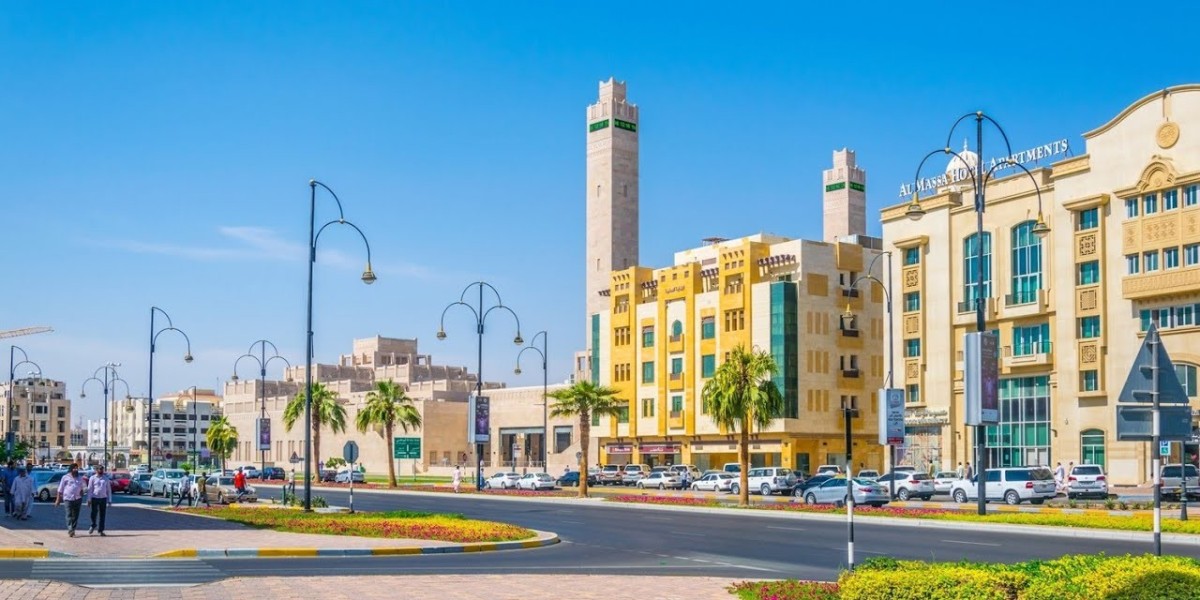For many travelers moving between Saudi Arabia and the United Arab Emirates (UAE), the Al Batha Border is a vital and heavily frequented land crossing. Whether you’re traveling for work, pilgrimage, tourism, or trade, understanding the ins and outs of the border procedures can save you time, stress, and unnecessary hassle. In this comprehensive guide, we’ll walk you through everything you need to know to cross smoothly and safely via the Al Batha Border.
What is the Al Batha Border?
The Al Batha Border is the primary land border checkpoint between Saudi Arabia and the UAE, located in the eastern region of Saudi Arabia. On the UAE side, it connects with the Al Ghuwaifat border post in Abu Dhabi. It serves as a gateway for thousands of travelers daily, including tourists, residents, and commercial transporters.
Because of its strategic location and high traffic volume, it’s essential to be well-prepared before your journey through this border.
Timings and Operating Hours
The Al Batha Border operates 24 hours a day, 7 days a week. However, peak hours may vary depending on holidays, Hajj or Umrah seasons, and weekends. Travelers are advised to cross during early morning or late-night hours to avoid long queues.
Suggested Time to Cross:
Early Morning (5 AM – 9 AM): Least crowded
Midweek (Tuesday–Thursday): Less commercial traffic
Avoid Fridays & Holidays: These times tend to be extremely congested
Required Documents
To cross the Al Batha Border, you must carry the following documents:
For UAE Residents and Citizens:
Valid passport
Valid UAE Residency Visa (for expatriates)
Saudi Arabia Visa (if required)
Vehicle registration (if driving)
GCC insurance (Orange Card)
For Saudi Residents:
Valid Iqama or national ID
Exit/re-entry visa (for expats)
UAE entry visa (if not visa-exempt)
Make sure your documents are valid for at least 6 months before your travel date to avoid being turned away.
Visa Information
Depending on your nationality, you may need a visa to enter either Saudi Arabia or the UAE.
UAE Citizens: Do not need a visa for Saudi Arabia.
Saudi Citizens: Do not need a visa for UAE.
Expats in the GCC: May be eligible for an eVisa or visa on arrival, but should check eligibility before departure.
Always check the latest visa requirements through official government portals before planning your trip through the Al Batha Border.
Vehicle and Transport Guidelines
If you’re traveling by road in a private vehicle, make sure your car meets the following requirements:
Valid GCC Insurance (Orange Card) that covers the vehicle in both Saudi Arabia and UAE.
Vehicle registration card (Mulkiya in UAE, Istimara in KSA)
Driving license (UAE or Saudi-issued)
Spare tire, safety triangle, and fire extinguisher are recommended
Travelers using rental vehicles should verify whether cross-border travel is allowed by the rental agency.
Commercial Truck Drivers:
Heavy transport vehicles may face longer wait times due to inspections. Ensure all customs declarations are complete before reaching the Al Batha Border.
Health and Safety Protocols
Since the pandemic, border authorities have imposed intermittent health checks. Although most travel restrictions have eased as of 2025, be prepared with:
Valid vaccination certificate
Negative PCR test (if required at the time of travel)
Health insurance that covers COVID-19 treatment
Border officers may perform temperature checks or require you to show documentation for vaccinations, especially during high-alert seasons.
Facilities at Al Batha Border
While crossing the Al Batha Border, travelers have access to basic amenities and services, including:
Restrooms
Prayer areas (mosques)
Small cafeterias and shops
Currency exchange booths
Vehicle inspection and customs offices
Note: These facilities can sometimes be overcrowded or under-resourced during busy seasons, so it’s advisable to bring water, snacks, and personal essentials.
Customs and Prohibited Items
The customs authorities at the Al Batha Border are known for thorough inspections. Prohibited items may lead to delays, fines, or confiscation. Avoid carrying:
Alcohol or any narcotics
Restricted medications (without prescription)
Drones, weapons, or surveillance equipment
Counterfeit or pirated goods
Be honest and cooperative during inspections. Declare all taxable goods to avoid penalties.
Tips for a Smooth Border Crossing
Keep All Documents Handy: Organize your paperwork in a travel folder for quick access.
Avoid Peak Travel Times: Crossing mid-week and during off-hours can save hours.
Maintain a Full Tank: Gas stations near the border can be crowded or closed at odd hours.
Stay Updated: Follow local news or travel advisory channels for real-time updates on the Al Batha Border.
Use Trusted Navigation Apps: Google Maps and Waze provide real-time traffic and checkpoint updates.
Final Thoughts
Crossing the Al Batha Border can be a seamless experience if you are well-prepared. With the right documents, awareness of border protocols, and some patience, your journey between Saudi Arabia and the UAE can be both efficient and stress-free. Whether you're a frequent traveler or it's your first time crossing by land, planning ahead is your best travel companion.
For more real-time updates and travel tips, bookmark the official websites of the Saudi and UAE border control authorities. Stay






